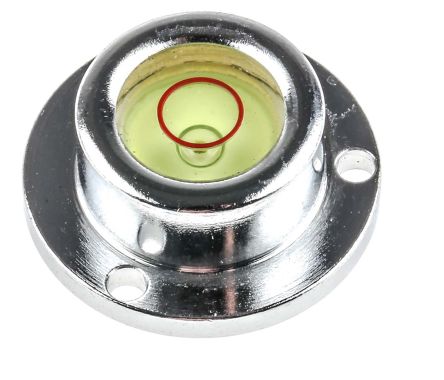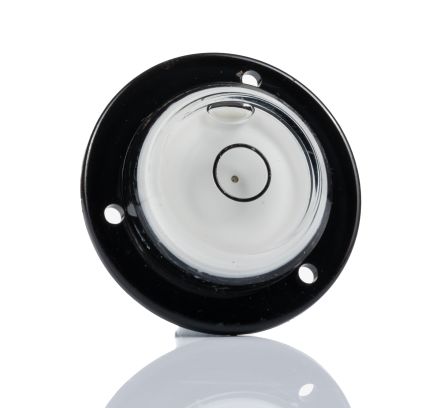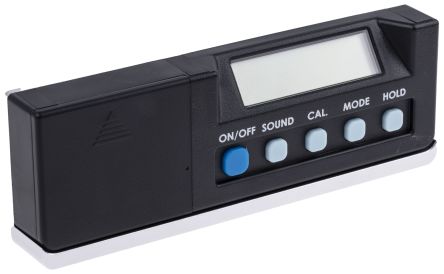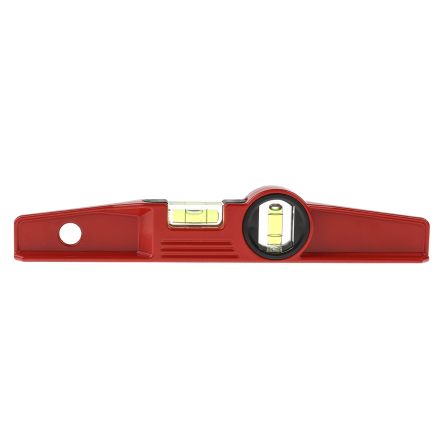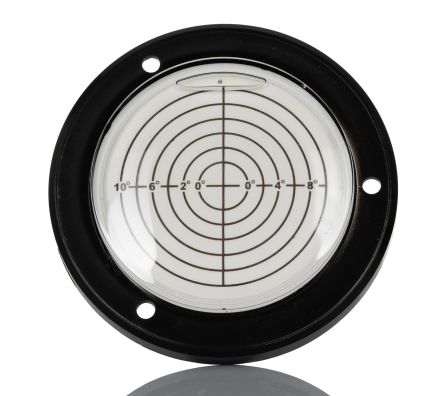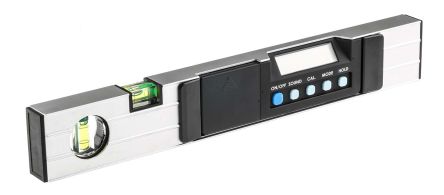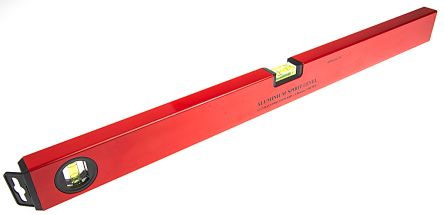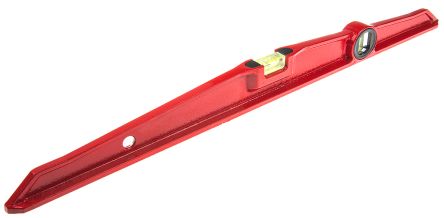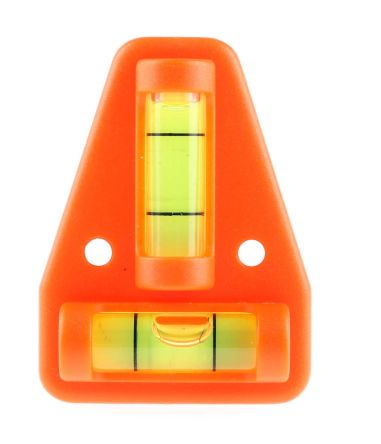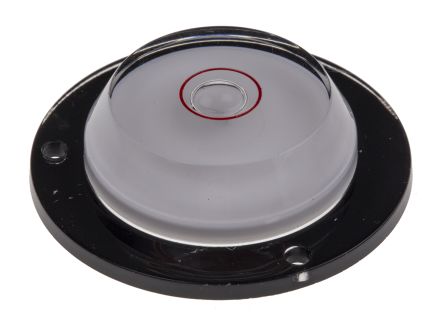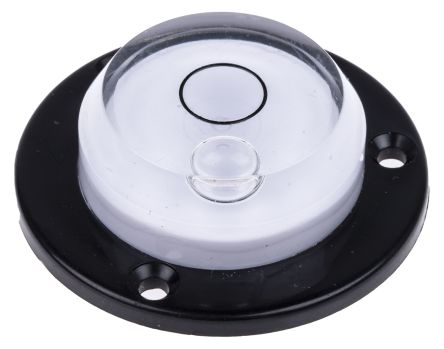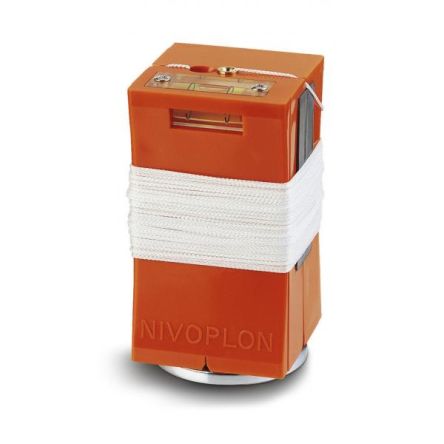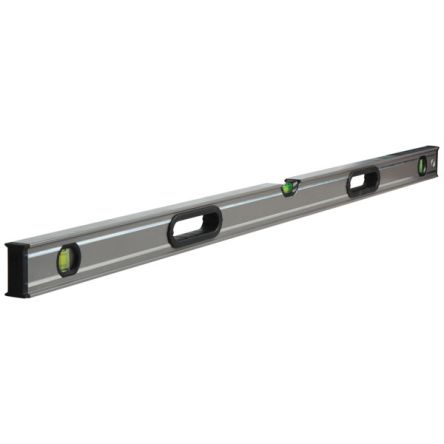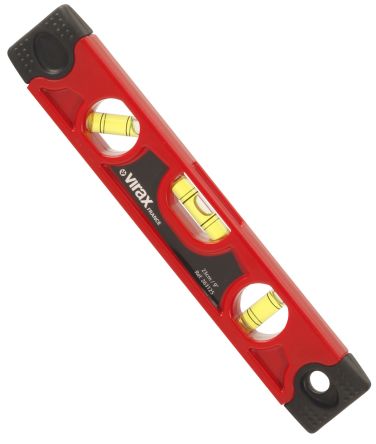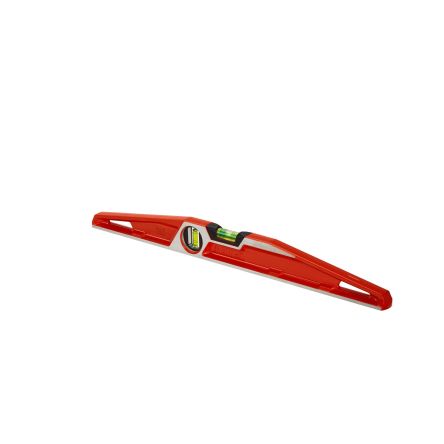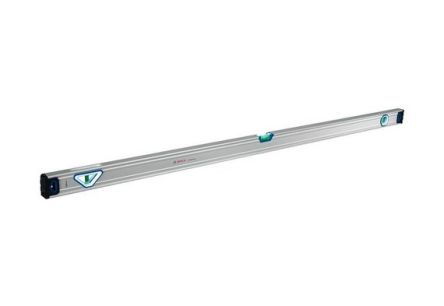- Automation & Control Gear
- Cables & Wires
- Enclosures & Server Racks
- Fuses & Circuit Breakers
- HVAC, Fans & Thermal Management
- Lighting
- Relays & Signal Conditioning
- Switches
- Batteries & Chargers
- Connectors
- Displays & Optoelectronics
- ESD Control, Cleanroom & PCB Prototyping
- Passive Components
- Power Supplies & Transformers
- Raspberry Pi, Arduino, ROCK, STEM Education & Development Tools
- Semiconductors
Spirit Levels & Inclinometers
Spirit levels also known as bubble levels are invaluable for precision levelling measurement in a multitude of jobs, from something as simple as putting a shelf up to checking how level bricks are in a new wall. This hand held tool is easy to use and a simple way to maintain accuracy on the job. Spirit levels use a liquid filled vial with an air bubble inside. Guides on the vial indicate when the bubble is centred showing the user that it is level. Digital spirit levels also feature a digital readout for extra accuracy and assurance. For best results try to use the longest level that fits on the surface that is being checked on either the horizontal or vertical (plumb) planes.
An inclinometer sometimes known as clinometer is used for measuring the angles of slope or elevation, similar to a spirit level they can use various methods to measure and can be both analogue and digital read outs. Most commonly featuring a gravity-based pendulum others can use a spirit vial. Modern electronic inclinometers can be more precise with the digital measuring systems utilising gyroscopes and are becoming more popular than the classic spirit level due to higher requirements of precision, resolution, reliability, data storage and documenting.
RS offer a wide selection including block, box section, bulls eye, straight and torpedo levels.
Characteristics to consider can include:
Accuracy – shown as a plus (+) or minus (-)
Bubble size – larger is better for viewing and should always be inside the marked lines. The bubble size is related to which liquid is used, (expands when hot and contacts when cold thus affecting the size).
Colour – the liquid is coloured to make the bubble easier to see, this colour can fade over time and exposure to the sun
Lines on the tube or vial – these reading lines should be clear
Construction – the vial is delicate so care is needed, ideally the ends should be rubber and be sturdy and robust. Aluminium levels are ideal for building sites. Hand holds are also useful.
Other useful features include a V-groove in the surface which can fit against pipes, or magnets (magnetic base) these magnetic spirit levels allows them to be used 'hands free', convenient for steelwork.
Who uses spirit levels and inclinometers?
Carpenters
Stonemasons
Bricklayers
Surveyors
Why so some spirit levels have two bubbles?
A dual-vial system means that the two vials on the level work on whether it is lying on either its top or bottom edges.
